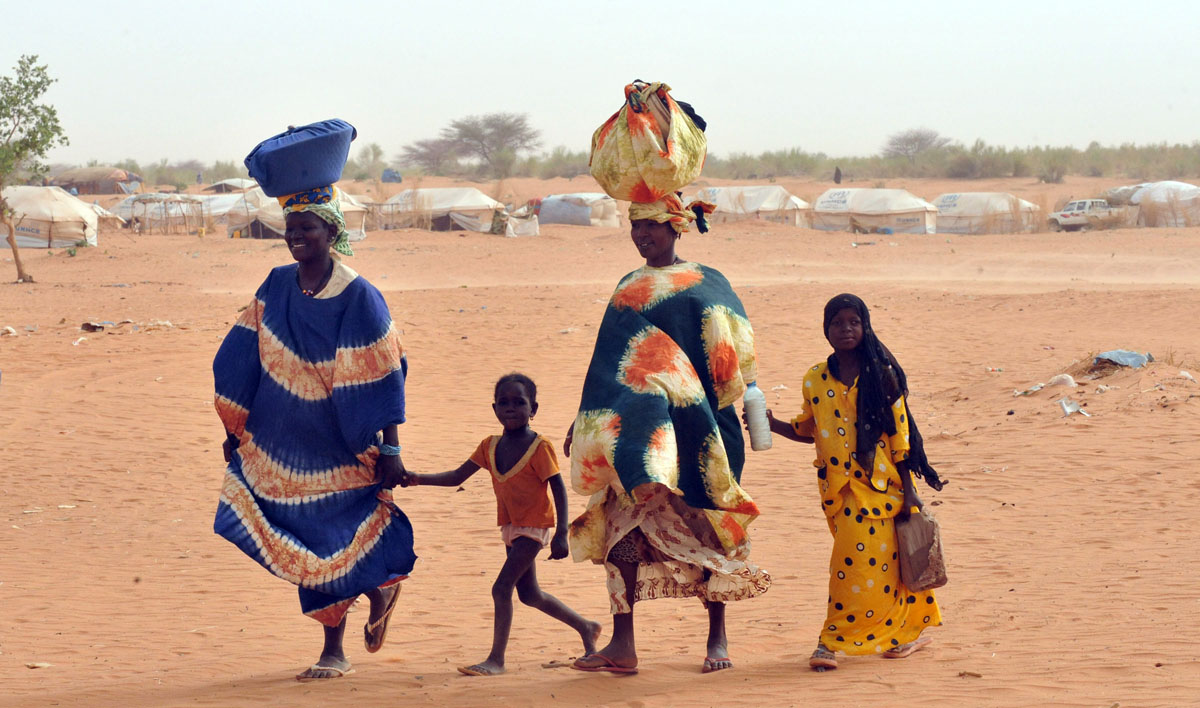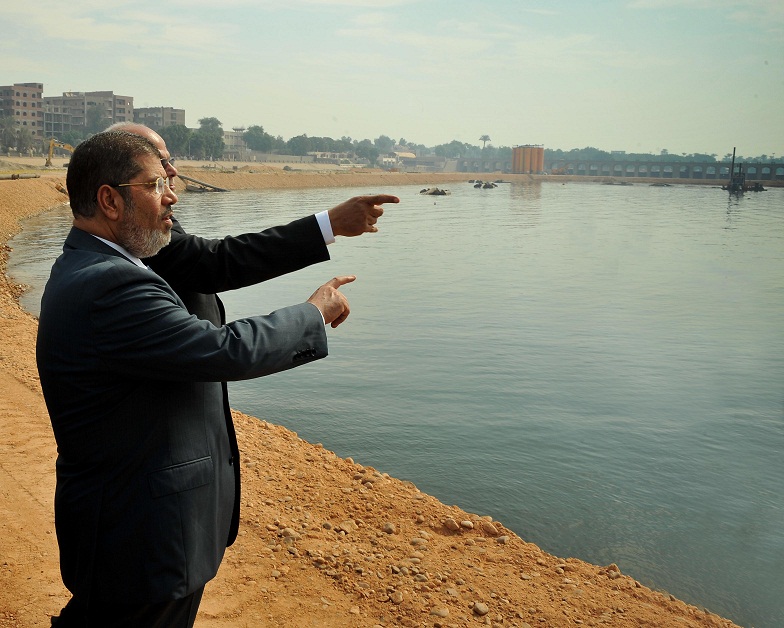Over the summer, with our partners TRACCS, Euromoney has carried out a series of media audits — survey’s designed to research how the media approaches the key issues of economic and sectoral development. We all realize that the Egyptian media is a key channel for us to advocate increased flows of investment capital. We wanted to find out whether our perceptions of the challenges and opportunities were shared by the media — or whether we were approaching this market from different directions.
The research is wide-ranging and on-going — I hope that we will be able to publish the full report sometime during the autumn.
But here’s a head’s up. We covered six sectors: real estate, tourism, energy, transportation, industry and banking. We interviewed more than 20 leading publications. We focused initially on their perception of the competitiveness of the Egyptian economy — which is, after all, the subject of our conference in September.
The results were interesting. Three main themes emerge from the data. In order to be competitive Egypt needs to improve the education of market participants and aim for higher quality levels and the government is viewed as the primary actor in ensuring competitiveness.
The desire for better education covers such things as training, skills enhancement and human resource development. It is clear that the respondents believe that one thing slowing the growth of the economy is the lack of skilled and motivated labor. This was common in all sectors but particularly of importance in sectors such as tourism and finance — which rely upon people more than capital. Skills are needed in the public sector too.
Higher quality too is a common demand — Egyptian products and services can be of low quality and the consumer accepts it because, simply, there is no alternative. Price competition is always a short-term strategy — very soon a demand for quality enters the mix and becomes a key competitive differentiator. Egypt is at that point — where the people are demanding better quality products and services — from both the public and the private sector. But are they willing to pay? How much is quality worth? Where should the new thresholds be set?
The opinion of the media is that the government is directly and indirectly responsible for ensuring competitiveness of Egypt’s economy. We agree with this in principle — but the truth is more complex. In a mixed economy in Egypt the government plays multiple roles which can sometimes be conflicting. Government producers of goods are not, perhaps, subject to the rigorous commercial disciplines of their private sector counterparts. Should the government have an obligation then to ensure their state-owned enterprises are competitive? If they are competitive is the government then not crowding-out the private sector? This forms part of the wider debate on the role of the state in the economy.
The government (in all its forms) is responsible for regulating the business sector and for setting the ground rules for investment. Being competitive as an investment destination does not mean the offering of superior incentives or tax breaks. These are short-term, unsustainable and expensive. And often, as soon as the incentives are removed, the investment goes elsewhere. What is important to investors are things such as market access for exports, infrastructure, customs and bureaucratic procedures — and on these things the government knows it must improve or risk falling backwards in the ranking of competitive nations.
But what has our survey told us? It is clear from early analysis of the data that the media seems to have a relatively accurate picture of the challenges and opportunities faced by the Egyptian economy. They tend, as all media should tend, to be a little on the skeptical and negative side in their perceptions. But it is also clear that there are significant differences of opinion between the media, the policy-makers and the private sector.
We are working now on a more detailed follow-up survey to highlight where these differences are and to understand what we at Euromoney might do to help bring the markets to a better understanding of themselves and others. We will be doing some of that at our conference in September and later on in the year with the publication of this report on our website.
Richard Banks is Middle East Director for Euromoney Conferences. This commentary is published by Daily News Egypt in collaboration with Euromoney Conferences.

